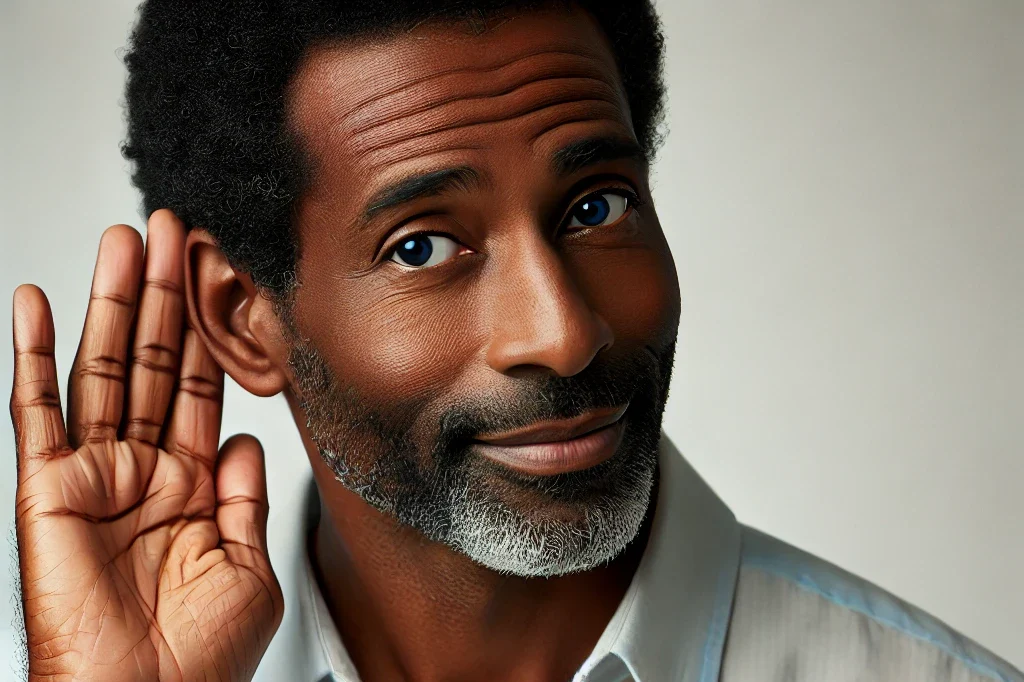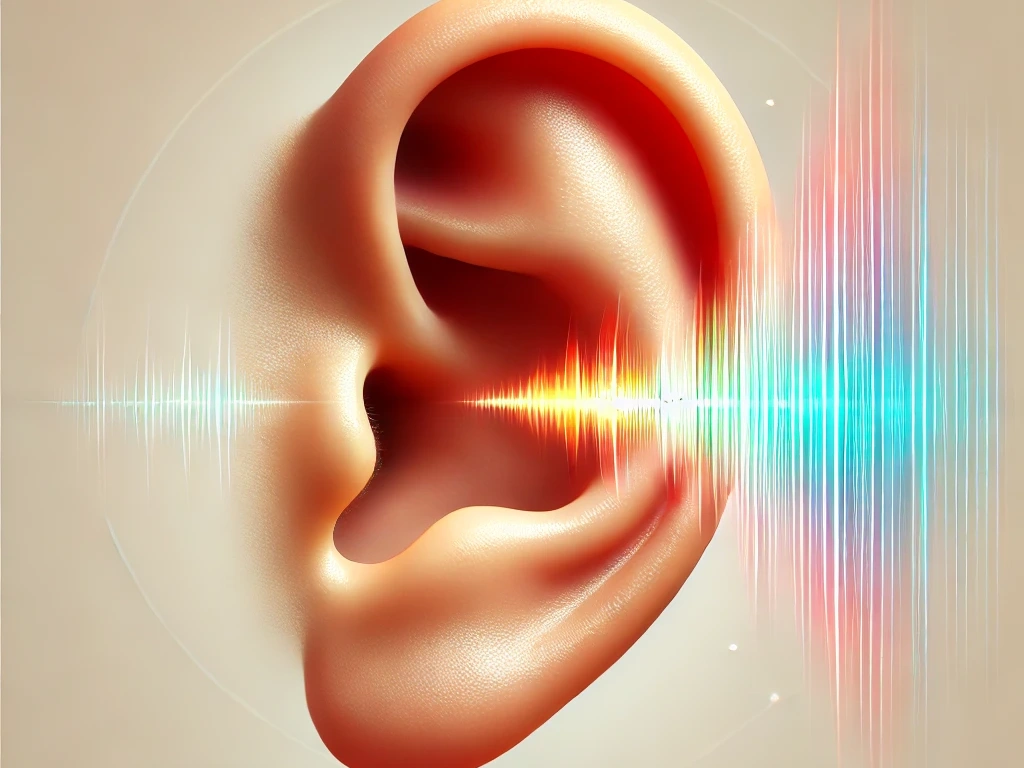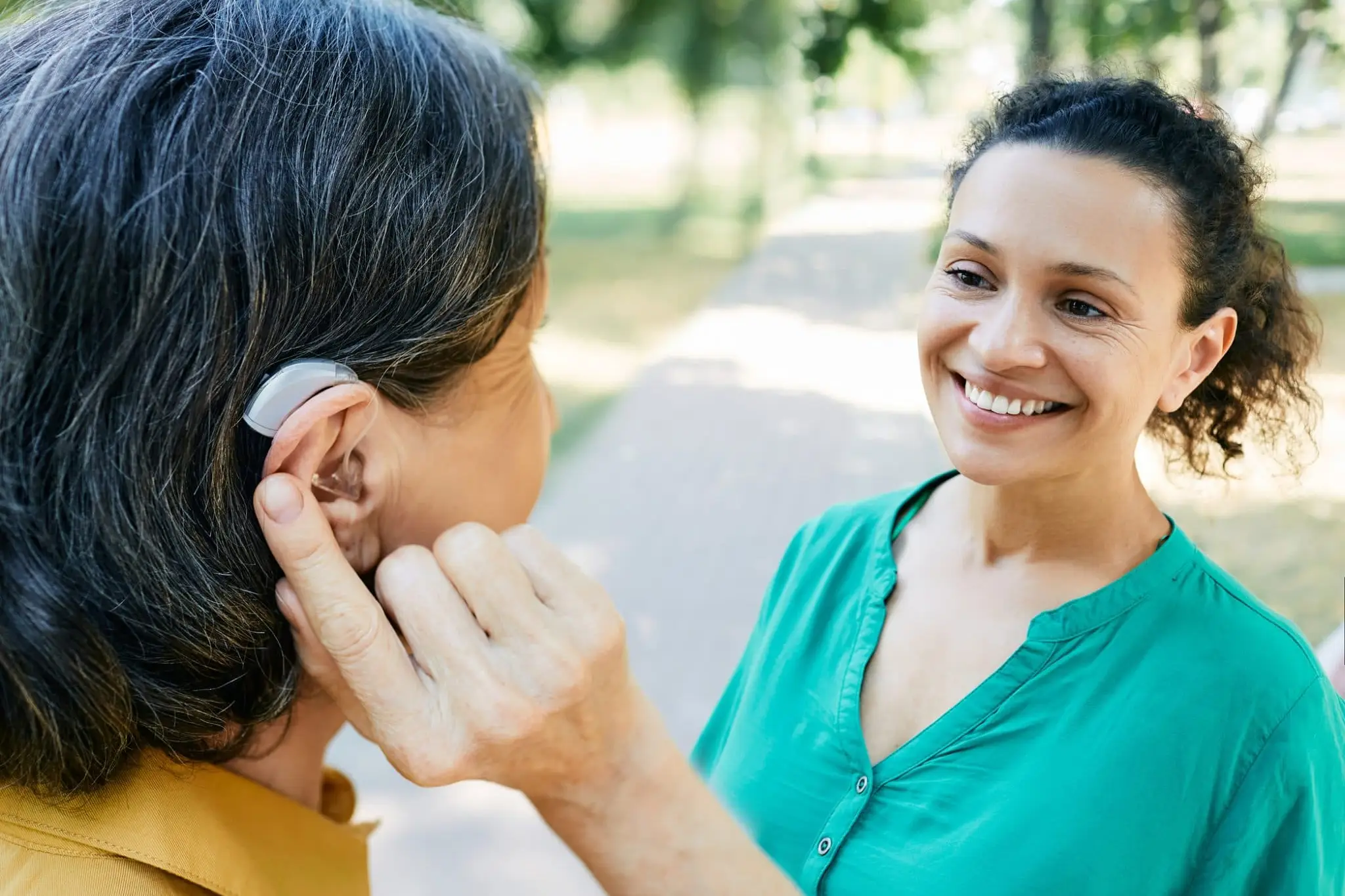
In today’s world, the quality of hearing is crucial to quality of life. Whether for individuals with visual impairments or those with normal sight, enhancing auditory skills is an important endeavor. This article delves into how to comprehensively improve hearing and answers some common questions.
Understanding Hearing
Hearing refers to the ability to perceive sound, involving the collaboration of the ears, auditory nerves, and the brain. According to Harris et al. (2019), the sensitivity and flexibility of auditory nerves significantly determine our hearing capabilities. Sound travels through the ear canal to the eardrum, then through the ossicles to the inner ear, and is transmitted by the auditory nerve to the brain for processing (Harris et al., 2019).
Auditory Advantages of Individuals with Visual Impairments
Numerous studies have shown that individuals with visual impairments often possess heightened auditory sensitivity. The lack of visual input naturally leads their brains to enhance sound perception capabilities. According to Röder and Hölig (2003), activity in the auditory cortex significantly increases after vision loss. This phenomenon is attributed to the brain’s neuroplasticity, enabling the auditory region to process audio information more efficiently.

In terms of sound localization, individuals with visual impairments excel. Research indicates that they are better at judging the position and distance of objects using binaural hearing to analyze the direction and intensity of sounds (Röder & Hölig, 2003). This reliance on auditory information for spatial perception allows them to navigate complex sound environments more adeptly.
Furthermore, individuals with visual impairments typically outperform their sighted peers in frequency discrimination (Dahl et al., 2016). This enhancement is due to their brains’ improved ability to process audio signals, allowing them to distinguish between different pitches and timbres more effectively. Increased participation in music and sound analysis activities also contributes to this heightened ability.
Ways to Enhance Hearing Ability
Even without visual impairments, anyone can enhance their hearing skills through the following methods:
Massage Techniques: Placing the palms over the ears and gently tapping the base of the skull (occipital bone) with the fingers, creating a sound similar to a drum. This should be done 20-30 times each morning and evening to stimulate the auditory nerves and improve ear sensitivity.
Warming the hands by rubbing them together, then massaging the ears from the earlobe to the top, followed by gently pulling the earlobes to promote blood circulation in the ears. Practicing these simple techniques daily can effectively enhance hearing and prevent hearing loss.

Auditory Training: Engaging in auditory training courses can improve the ability to distinguish pitch and timbre. There are auditory training courses available for both children and adults. These courses often include listening games, music recognition exercises, and sound environment simulations.

(Optimal Learning Skills, n.d.)
Listening games train participants to identify pitches in a fun way, enhancing sensitivity to different sounds. Music recognition exercises focus on improving the ability to identify melodies and styles, aiding participants in developing auditory memory. Sound environment simulations create varied soundscapes, helping participants improve their sound localization skills. Below is a YouTube video from pigmie that can help soothe and train your auditory senses to enhance your hearing. Many comments mention its effectiveness, so you might want to take five minutes to give it a try!
(Pigmie, 2020)
Healthy Lifestyle: Maintaining a healthy lifestyle directly impacts hearing. A balanced diet, particularly one rich in omega-3 fatty acids and antioxidants, is recommended (Cohen et al., 2017). Regular exercise helps improve blood circulation, promoting ear health (Bess & Humes, 2003), while quitting smoking can reduce the risk of hearing loss. (For health and exercise guidelines for individuals with low vision, more information at Safe and Enjoyable Exercise for People with Low Vision).
To maintain good hearing, it’s important to get proper rest and avoid exposing your ears to loud volumes that could cause damage. Additionally, regular ear cleaning is essential to prevent ear canal blockage caused by the buildup of earwax.
Using Hearing Aids and Headphones: For those experiencing hearing loss, hearing aids can provide significant assistance. Choosing the right headphones can also enhance audio quality and listening experience.

(Nevada Ear + Sinus Institute, 2021)
Conclusion
Regardless of visual ability, enhancing hearing is crucial for improving quality of life. By participating in massage techniques, auditory training, maintaining a healthy lifestyle, and effectively using hearing aids, anyone can achieve significant improvements in auditory perception. Furthermore, the auditory advantages of individuals with visual impairments remind us that the brain’s plasticity is key to enhancing sensory capabilities.
Frequently Asked Questions (FAQ)
Do blind people have better hearing?
From most perspectives,Yes. Many individuals with visual impairments perform better in hearing tests than their sighted peers. Hölig and Röder (2004) note that while this may not apply to everyone, overall, their auditory sensitivity and audio processing abilities are enhanced.
How can I assess my hearing ability?
It is best to undergo a professional hearing test. Comprehensive assessments can be conducted at hospitals or hearing centers.
Is auditory training suitable for everyone?
Auditory training can benefit most people, particularly those with hearing difficulties or audio processing challenges. Professional guidance can enhance training effectiveness.
How can frequency discrimination abilities be improved?
Participating in music courses, listening games, and ear training activities can enhance frequency discrimination abilities, helping the brain better identify and process different pitches and timbres.
What impact does a healthy diet have on hearing?
A healthy diet can improve overall health, positively affecting hearing. Foods rich in antioxidants and omega-3 fatty acids are believed to be beneficial for ear health.
References
- Bess, F. H., & Humes, L. E. (2003). Audiology: The fundamentals. Jones & Bartlett Learning.
- Cohen, S. M., et al. (2017). Nutritional influences on hearing loss. Journal of Nutrition, 147(3), 501-507.
- Dahl, M., et al. (2016). Hearing in the blind: Evidence for enhanced auditory skills. Hearing Research, 339, 29-35.
- Harris, R. A., et al. (2019). The neural correlates of auditory perception: A review. Frontiers in Psychology, 10, 236.
- Holt, L. L., et al. (2019). Auditory training and rehabilitation. Hearing Research, 368, 70-77.
- Röder, B., & Hölig, M. (2003). Spatial hearing in blind individuals. Neuroscience Letters, 345(1), 57-60.
- Hölig, M., & Röder, B. (2004). Auditory enhancements in the blind: Insights from psychophysics. Cognitive Science, 28(4), 491-508.
- Nevada Ear + Sinus Institute. (2021, December 17). How auditory training can help you make the most of your hearing aid [Image]. Nevada Ear + Sinus Institute. https://nesilv.com/how-auditory-training-can-help-you-make-the-most-of-your-hearing-aid/
- Optimal Learning Skills. (n.d.). Listen 2 [Image]. Optimal Learning Skills. https://optimallearningskills.com/listen-2/
- Pigmie. (2020, November 25). Everything In 5 Minutes –
Get Way Better Hearing – In Only 5 Minutes! [Video]. YouTube. https://www.youtube.com/watch?v=Yo24sZ1dZVo&t=83s

